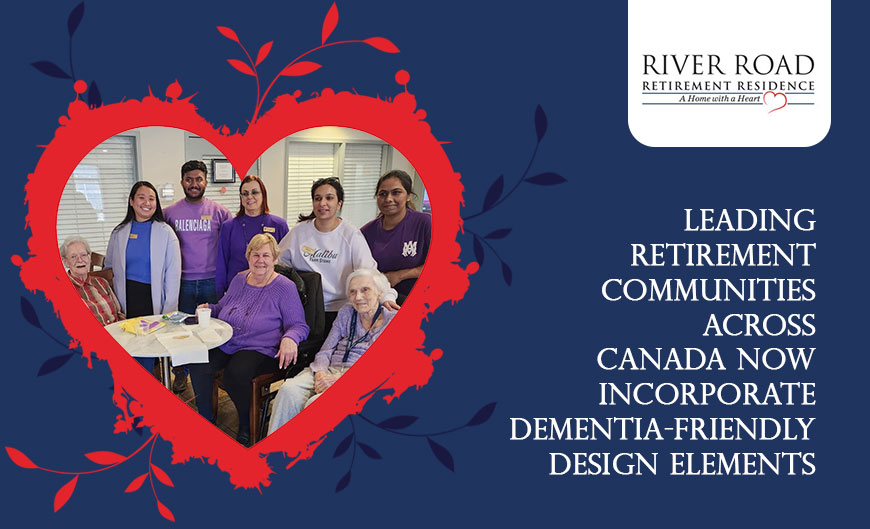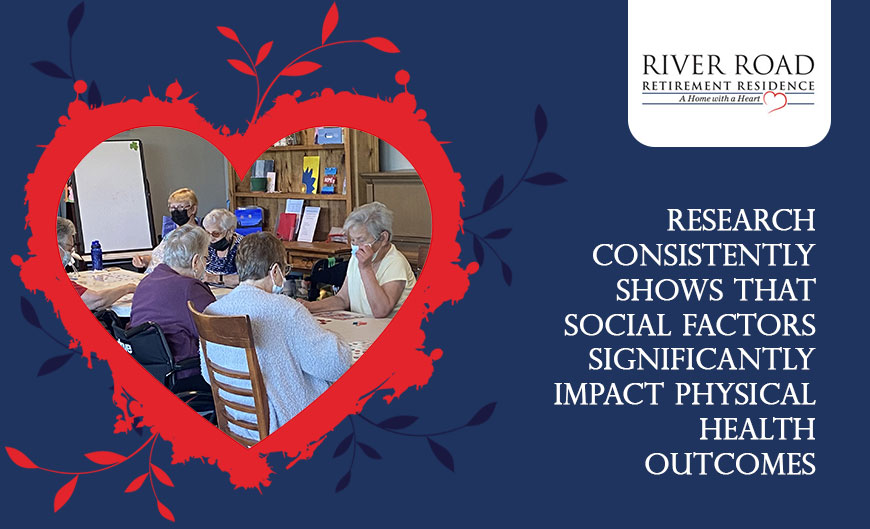Retirement Community: Common Health Issues Among the Elderly
As we age, our healthcare needs evolve, creating new challenges that can sometimes compromise our quality of life. For many Canadian seniors, retirement communities offer a solution that balances independence with necessary support systems. These active senior living communities provide environments where residents can maintain their autonomy while having access to resources that address common health concerns.
Retirement community living has transformed significantly over recent decades. Today’s independent living options for retirees focus not just on providing shelter and basic care but on creating holistic environments that support physical, mental, and emotional well-being.
Common Health Issues in Retirement Communities
Understanding health management in retirement communities is vital for Canadian seniors planning their future. Here are some common health issues that can be found amongst the residents in retirement communities.
Cardiovascular Conditions
Heart disease remains one of Canada’s leading health concerns for seniors. Within retirement community settings, management of cardiovascular conditions often includes:
- Regular blood pressure monitoring stations in retirement community apartments.
- Heart-healthy meal options in communal dining areas.
- Cardiac rehabilitation programs designed specifically for seniors.
- Exercise classes adapted for different mobility levels.
Many active senior living communities in Canada now feature walking trails, swimming pools, and fitness centers. These are specifically designed to support cardiovascular health while accommodating the physical limitations that accompany aging.
Cognitive Decline and Dementia
As of January 1, 2025, studies estimate that 771,939 Canadians are living with dementia. These numbers are projected to rise, with cognitive health representing a significant concern in retirement communities. Modern facilities address this through:
- Memory care programs integrated into independent living environments.
- Cognitive stimulation activities and brain fitness programs.
- Specially designed spaces that reduce confusion and disorientation.
- Social engagement opportunities that support mental acuity.
Leading retirement communities across Canada now incorporate dementia-friendly design elements even in independent living sections. These create seamless transitions if residents’ cognitive support needs increase over time.
Mobility Issues and Fall Prevention
Falls represent one of the most common causes of injury among Canadian seniors, with approximately 30% of those over 65 experiencing at least one fall annually. Retirement communities address this through:
- Barrier-free design in retirement community apartments.
- Balance and strength training programs.
- Regular mobility assessments.
- Strategic placement of handrails and sitting areas.
The best active senior living communities prioritize fall prevention through environmental design while offering rehabilitation services for residents recovering from mobility-related injuries.
Mental Health Concerns
Depression, anxiety, and loneliness affect a significant portion of the senior population. Retirement communities combat these issues by fostering:
- Robust social calendars and community engagement opportunities.
- Mental health support services and counseling.
- Pet-friendly policies that allow companionship of animals.
- Intergenerational programs connecting seniors with younger community members.
In Canadian retirement communities, addressing mental health has become increasingly prioritized. Many facilities now employ dedicated mental health professionals who specialize in geriatric care.
Benefits of Retirement Communities for Health Management
Proactive Healthcare Approach
One significant advantage of retirement community living is the shift from reactive to proactive healthcare. Many Canadian facilities offer:
- Regular wellness checks integrated into daily routines.
- Health education workshops specific to senior concerns.
- Early intervention strategies for common conditions.
- Preventative care programs designed by geriatric specialists.
This proactive approach often results in better health outcomes and fewer emergency situations for residents in independent living settings.
Social Determinants of Health
Research consistently shows that social factors significantly impact physical health outcomes. Retirement communities address these social determinants through:
- Creating built-in social networks that combat isolation.
- Communal dining options that ensure proper nutrition.
- Shared activities that promote physical movement.
- Community engagement that supports purpose and meaning.
For Canadian seniors, these social connections provide not just enjoyment but tangible health benefits that can extend and improve quality of life.
Coordinated Care Systems
As senior health needs change, retirement communities offer coordinated approaches to care that include:
- Relationships with local healthcare providers and specialists.
- Transportation to medical appointments.
- Medication management support.
- Seamless transitions between independent living and higher levels of care.
This coordination proves particularly valuable for Canadian seniors navigating the provincial healthcare systems, as staff can often assist with appointments and follow-up care.
Choosing the Right Retirement Community for Health Needs
When evaluating retirement community options in Canada, consider these health-focused factors:
Assessment of Current and Future Health Needs
- Look for communities that offer comprehensive health assessments.
- Consider facilities with multiple levels of care on one campus.
- Evaluate how easily the environment can be adapted as needs change.
- Review the community’s ability to accommodate specific health conditions.
Evaluation of Available Health Services
- Check for on-site healthcare professionals and their availability.
- Inquire about relationships with nearby hospitals and specialists.
- Review emergency response protocols and systems.
- Assess the availability of specialized services for common conditions.
Analysis of Wellness Programming
- Review fitness options designed for active senior living.
- Inquire about nutrition programs and special dietary accommodations.
- Evaluate mental health and cognitive support services.
- Consider holistic wellness approaches, including spiritual support.
Today’s retirement community apartments and active senior living communities have evolved to meet the complex health needs of an aging population while preserving dignity, independence, and quality of life. When chosen carefully, these communities can provide environments where Canadian seniors not only live longer but also thrive with better health outcomes and enhanced well-being. For those considering this transition, taking time to evaluate health-related offerings remains one of the most important steps in finding a community that truly feels like home. Need help? Get in touch with River Road Retirement Residence to learn more about our services.



